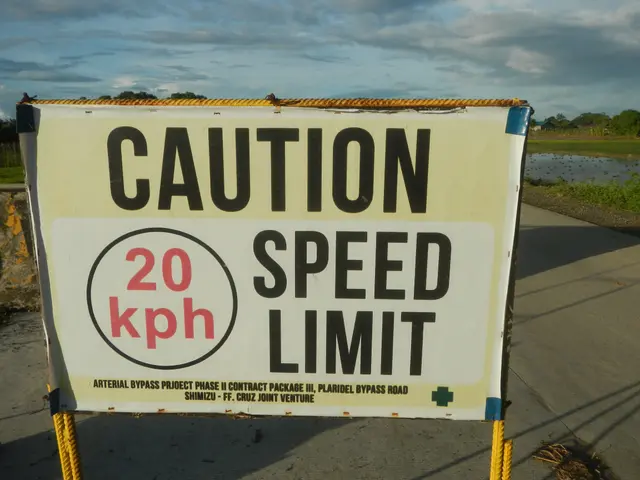EU Advocating for United Nations Plastic Accord - 'While Avoiding Unnecessary Concessions' - EU Advocates for United Nations Plastic Accords: 'Not at any Cost' (communicated by Commissioner)
The intensive negotiations for a binding global agreement to reduce plastic waste, held in Geneva from August 5 to 14, 2025, have collapsed without reaching an agreement. The talks, attended by 184 countries and non-governmental organizations, aimed to finalize a legally binding treaty addressing the full lifecycle of plastics—production, design, disposal.
The negotiations faced significant challenges, including a divergence on scope, rigid national positions, and blocking tactics. There was a fundamental disagreement about whether the treaty should comprehensively address the entire plastic lifecycle or focus narrowly on waste management and recycling. Countries such as the EU, African nations, and small island states demanded mandatory production limits, arguing that without these, any treaty would be ineffective.
Many countries came to the negotiations with firm non-negotiable positions, making compromise impossible. This inflexibility was cited by Danish Environment Minister Magnus Heunicke as a major barrier to progress. Additionally, some countries appeared to actively block progress rather than seek compromise to finalize a viable treaty.
The EU emphasized the urgent need to curb plastic pollution as plastic production continues to grow rapidly, projected to triple by 2060. The Treaty aimed to include provisions to phase out harmful plastic products and ensure environmentally sound management.
Despite the collapse, there is a strong expressed commitment by the EU, UN Secretary-General, and most parties to resume negotiations in the future to achieve the treaty goals. However, no clear timeline has been provided for the resumption.
The EU is determined to reach an agreement that is "as ambitious as possible" for reducing plastic pollution. Commissioner Roswall stated, "It's time to put an end to plastic pollution as quickly as possible." The failure of the Geneva negotiations follows the failed talks in Busan, South Korea, last December.
The current situation highlights the global urgency to address plastic pollution. Microplastics are found in the human body, and plastic waste is causing massive environmental pollution worldwide. The Danish Minister of Environment, Magnus Heunicke, described the negotiations as "extremely difficult."
The collapse of the negotiations in Geneva has left the future of a global agreement to reduce plastic waste uncertain, but the EU remains committed to continuing the fight against plastic pollution. The negotiations, while currently stalled, are expected to resume in the future.
Read also:
- Germany's three-month tenure under Merz's administration feels significantly extended
- Hurricane-potential storm Erin forms, poised to become the first hurricane in the Atlantic Ocean this year.
- Skepticism About Climate Change Previously Held; Factors That Shifted Perspective Revealed
- Heavy rain causes flash floods in Hyderabad, resulting in severe waterlogging and disruptions to city life during a heavy downpour.







